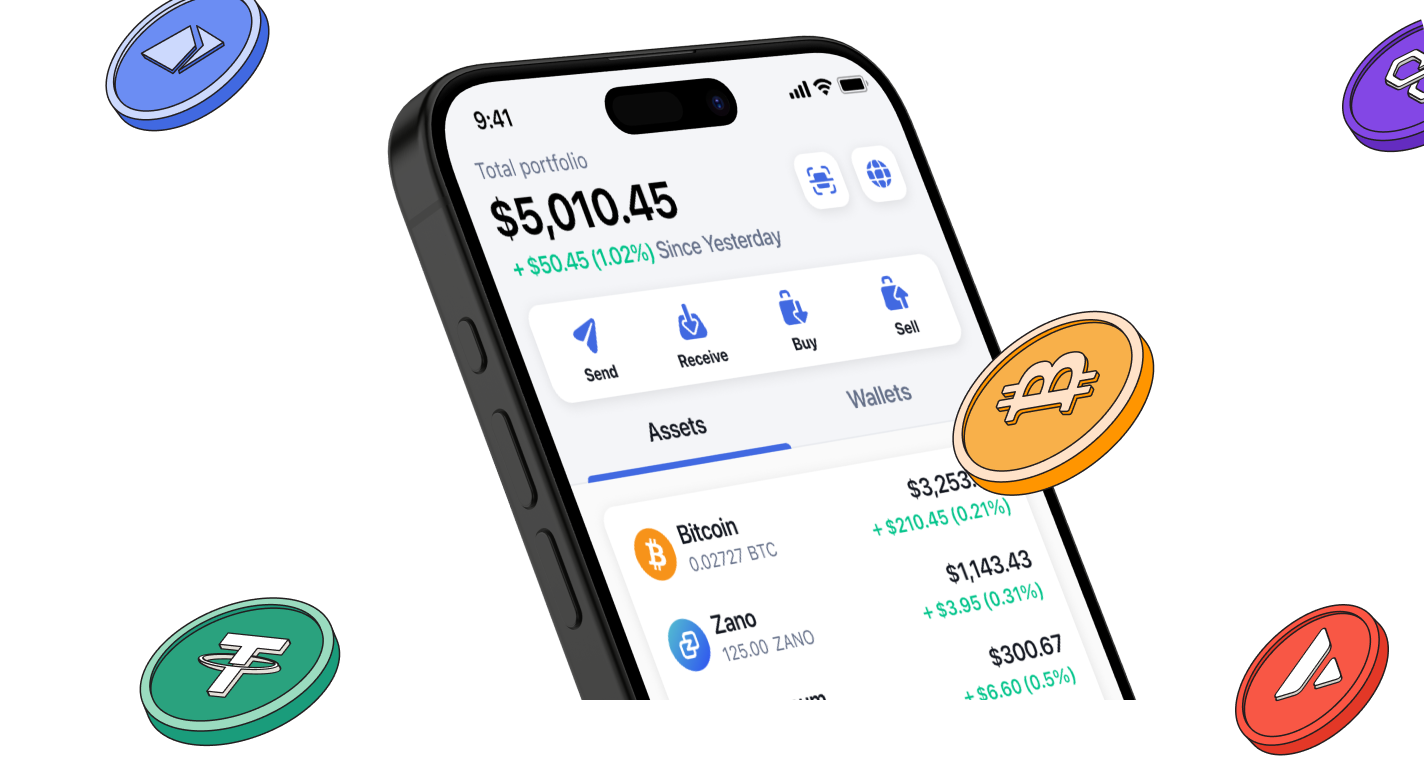What is Bitcoin Hashrate?
Last updated

Table of Contents
Bitcoin Hashrate: A Deep Dive
Bitcoin hashrate is a key metric for understanding the health, security, and stability of the Bitcoin network. It reflects the total computational power dedicated to mining, directly impacting the network's resilience to attacks and its capacity to process transactions. This article explains Bitcoin hashrate, its measurement, importance, relationship to mining difficulty and profitability, and its influence on Bitcoin's overall value.
Get started with a quick introduction to Bitcoin, and learn more in What is Bitcoin?.
What is Hashrate?
Hashrate measures the processing power miners contribute to the Bitcoin network. It's the speed at which they perform complex calculations necessary to validate transactions and add new blocks to the blockchain. A higher hashrate generally means a more secure network, as it becomes harder for any single entity to control a majority of the mining power. This decentralization is vital for Bitcoin's integrity.
Learn more about Bitcoin's decentralized nature.
How is Hashrate Measured?
Hashrate is measured in hashes per second (H/s), indicating the number of calculations miners perform each second. Common units include:
- Hashes per second (H/s)
- Kilohashes per second (KH/s): 1,000 H/s
- Megahashes per second (MH/s): 1,000,000 H/s
- Gigahashes per second (GH/s): 1,000,000,000 H/s
- Terahashes per second (TH/s): 1,000,000,000,000 H/s
- Petahashes per second (PH/s): 1,000,000,000,000,000 H/s
- Exahashes per second (EH/s): 1,000,000,000,000,000,000 H/s
As of October 2025, the Bitcoin network hashrate is around 1.044 ZH/s
Why is Hashrate Important?
Hashrate is crucial for Bitcoin's security. A higher hashrate strengthens the network against attacks by making it computationally expensive for any single entity to gain control. This decentralization of mining power is essential for preventing blockchain manipulation.
Learn more about Bitcoin transactions and security.
Hashrate and Mining Difficulty
Bitcoin's mining difficulty automatically adjusts to keep the average time between blocks at approximately 10 minutes. This adjustment is directly linked to the network hashrate. As hashrate rises, difficulty increases, making mining harder. Conversely, if hashrate falls, difficulty decreases. This dynamic ensures a steady block generation rate, regardless of the total mining power.
Learn more about Bitcoin mining.
Hashrate, Bitcoin's Price, and Value
While not directly correlated, hashrate can influence Bitcoin's price and perceived value. A higher hashrate can signal increased network security and stability, potentially boosting investor confidence and demand. Conversely, a significant drop in hashrate might raise concerns about network vulnerability, potentially impacting price. However, numerous factors influence Bitcoin's price, including market sentiment and regulations.
Learn more about Bitcoin's price history and price prediction, and explore the factors contributing to Bitcoin's value.
Hashrate and Energy Consumption
Bitcoin mining's high hashrate requires substantial energy, raising environmental concerns. The impact depends on the energy sources used. Efforts are underway to make mining more sustainable through renewable energy and efficient technologies.
Learn more about Bitcoin's environmental impact.
Hashrate and Bitcoin's Future
Hashrate is dynamic, constantly changing. Innovations in mining hardware, renewable energy adoption, and layer-2 scaling solutions like the Lightning Network will likely influence hashrate and network security in the future.
Learn more about Bitcoin's layer-2 solutions and the Lightning Network.
Conclusion
Bitcoin hashrate is a fundamental metric for understanding the network's security, stability, and overall health. By understanding its significance, measurement, influencing factors, and relationship to mining difficulty, profitability, and Bitcoin's value, you can better navigate the Bitcoin market.
Related guides
Start from here →
What is Bitcoin?
Get a straightforward introduction to Bitcoin and why it matters.

What is Bitcoin?
Get a straightforward introduction to Bitcoin and why it matters.

What is Bitcoin mining?
Learn why the process of minting new bitcoins, known as 'Bitcoin mining,' is in some ways similar to the process of extracting precious metals from the earth.

What is Bitcoin mining?
Learn why the process of minting new bitcoins, known as 'Bitcoin mining,' is in some ways similar to the process of extracting precious metals from the earth.

How do bitcoin transactions work?
Understand how the Bitcoin public blockchain tracks ownership over time. Get clarity on key terms like public & private keys, transaction inputs & outputs, confirmation times, and more.

How do bitcoin transactions work?
Understand how the Bitcoin public blockchain tracks ownership over time. Get clarity on key terms like public & private keys, transaction inputs & outputs, confirmation times, and more.

What is Bitcoin governance?
How does the network operate and decide on critical issues?

What is Bitcoin governance?
How does the network operate and decide on critical issues?

What are Bitcoin network fees?
Discover what bitcoin fees are, how fees are determined, and more.

What are Bitcoin network fees?
Discover what bitcoin fees are, how fees are determined, and more.

How does Bitcoin impact the environment?
As Bitcoin has become more mainstream, concerns about its environmental impact have become more numerous and pressing. Unfortunately, some of the criticisms have misrepresented the facts.

How does Bitcoin impact the environment?
As Bitcoin has become more mainstream, concerns about its environmental impact have become more numerous and pressing. Unfortunately, some of the criticisms have misrepresented the facts.
STAY AHEAD IN CRYPTO
Stay ahead in crypto with our weekly newsletter delivering the insights that matter most
Weekly crypto news, curated for you
Actionable insights and educational tips
Updates on products fueling economic freedom
No spam. Unsubscribe anytime.



Start investing safely with the Bitcoin.com Wallet
Over wallets created so far
Everything you need to buy, sell, trade, and invest your Bitcoin and cryptocurrency securely

© 2026 Saint Bitts LLC Bitcoin.com. All rights reserved



